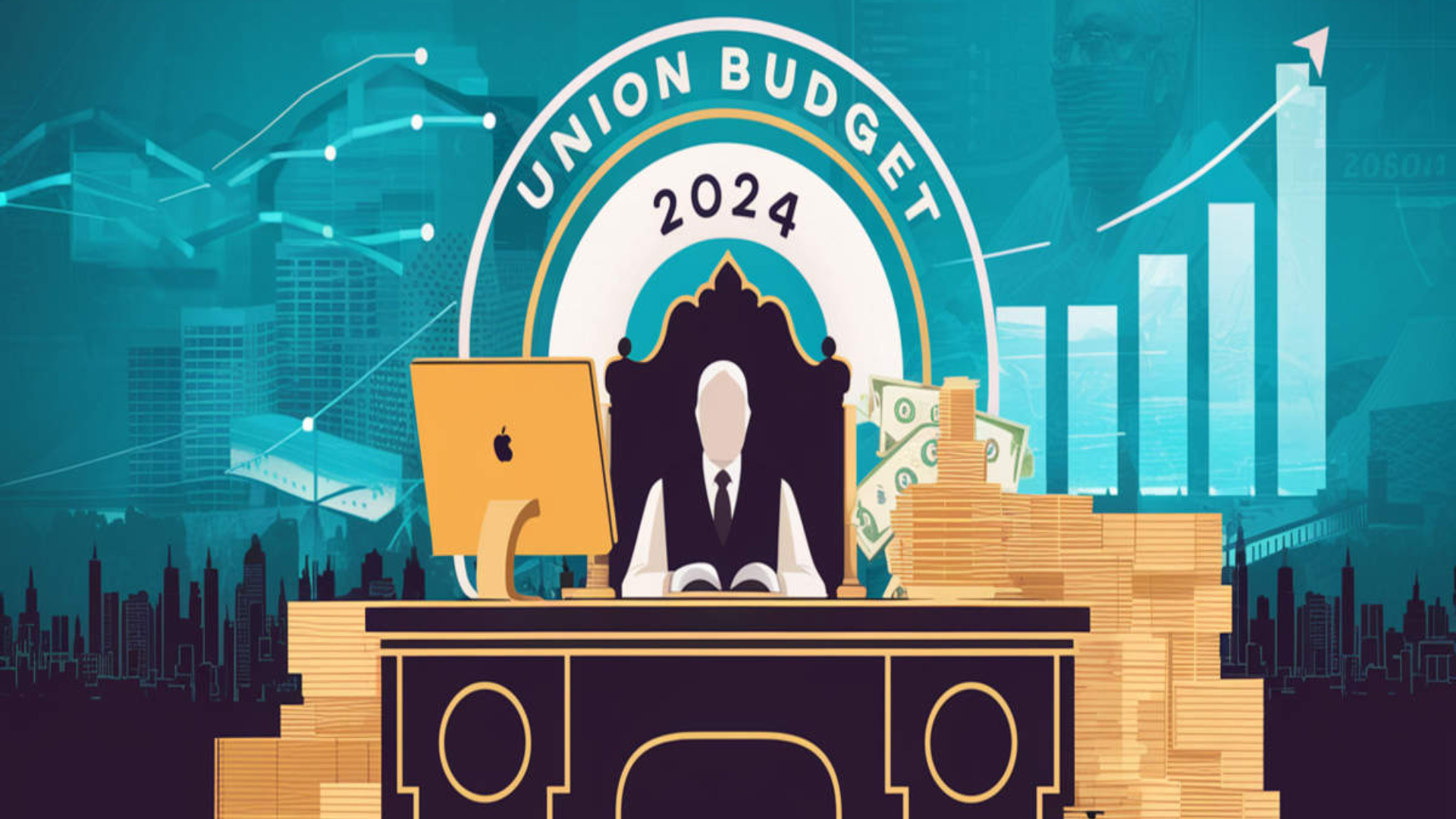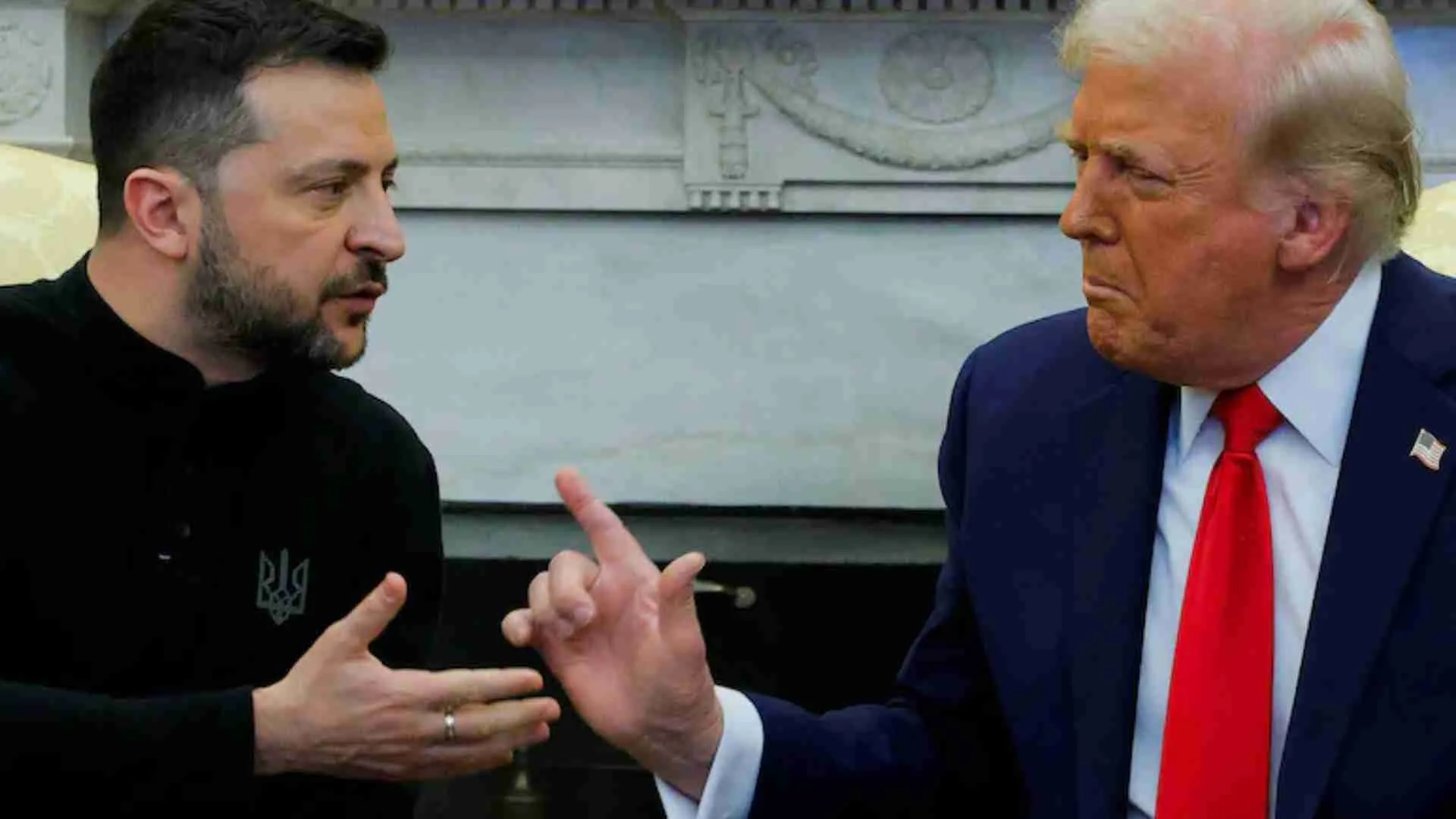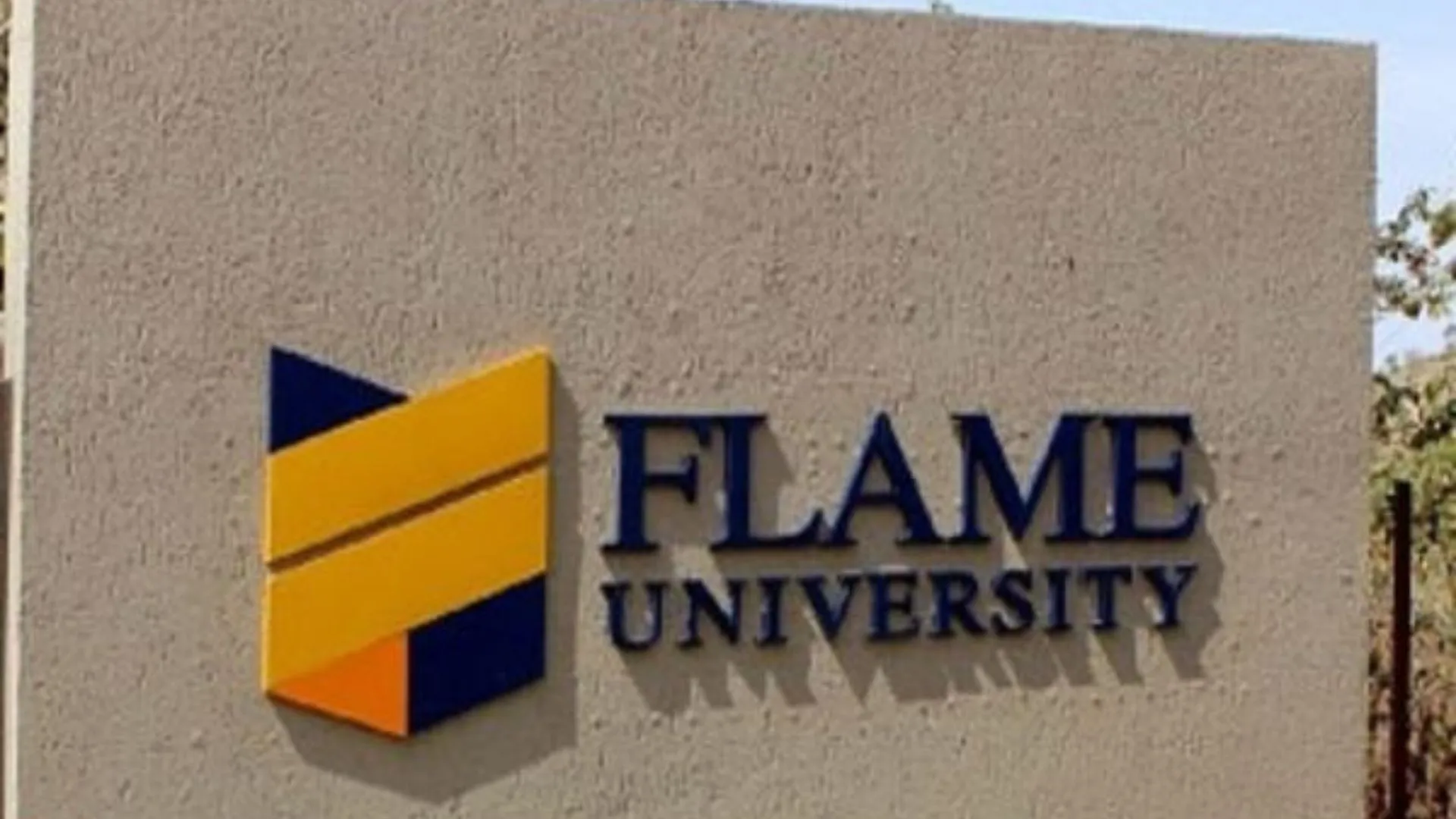Finance Minister Nirmala Sitharaman is set to present the first Union Budget 2024 of the Modi 3.0 government on Tuesday, a significant moment shadowed by critical questions from the Opposition regarding employment and rising prices. The pre-budget Economic Survey has projected a growth rate of 6.5-7% for the fiscal year 2025.
In her seventh Budget presentation, Sitharaman is expected to introduce tax incentives for new manufacturing facilities and promote local procurement to stimulate job creation. The job market has been a contentious issue, with the BJP’s struggle to secure a majority in the recent general elections being partly attributed to dissatisfaction over employment opportunities. This has raised the stakes for potential middle-class tax relief, highly anticipated after the interim Budget before the elections offered minimal benefits.
The fiscal deficit target is set at 4.5%, an improvement from the previous year’s 5.8%. The upcoming Budget is anticipated to deliver optimistic fiscal deficit projections, reflecting the gap between government spending and revenue.
Infrastructure development remains a cornerstone of the Modi administration’s agenda, with planned capital expenditure (capex) rising to ₹11.1 lakh crore from the previous ₹9.5 lakh crore. The government continues to drive infrastructure projects and encourage states to enhance their capex efforts.
Sitharaman is also likely to introduce measures to support micro, small, and medium enterprises (MSMEs), which are vital to India’s economic growth. These initiatives are expected to boost sectors like defense, electronics, and electric vehicle (EV) manufacturing, aligning with the Make In India initiative.
The Union Budget 2024 is slated for passage on July 30. Opposition parties are preparing to challenge the government on issues including inflation, unemployment, sectoral growth deficiencies, and agricultural distress. Congress leader Mallikarjun Kharge criticized the Economic Survey, calling it an exercise in “cherry-picking” and accusing the Modi government of failing to meet the aspirations of 140 crore Indians. He described the survey as a superficial attempt to obscure the administration’s shortcomings.
In contrast, Prime Minister Narendra Modi praised the Economic Survey for highlighting the Indian economy’s strengths and the positive impacts of his government’s reforms. He emphasized the survey’s role in identifying areas for further development as India strives towards becoming a developed nation.
India is projected to remain one of the fastest-growing economies in the Asia-Pacific region in 2024 and 2025, driven largely by government expenditure rather than domestic consumption or exports.





















